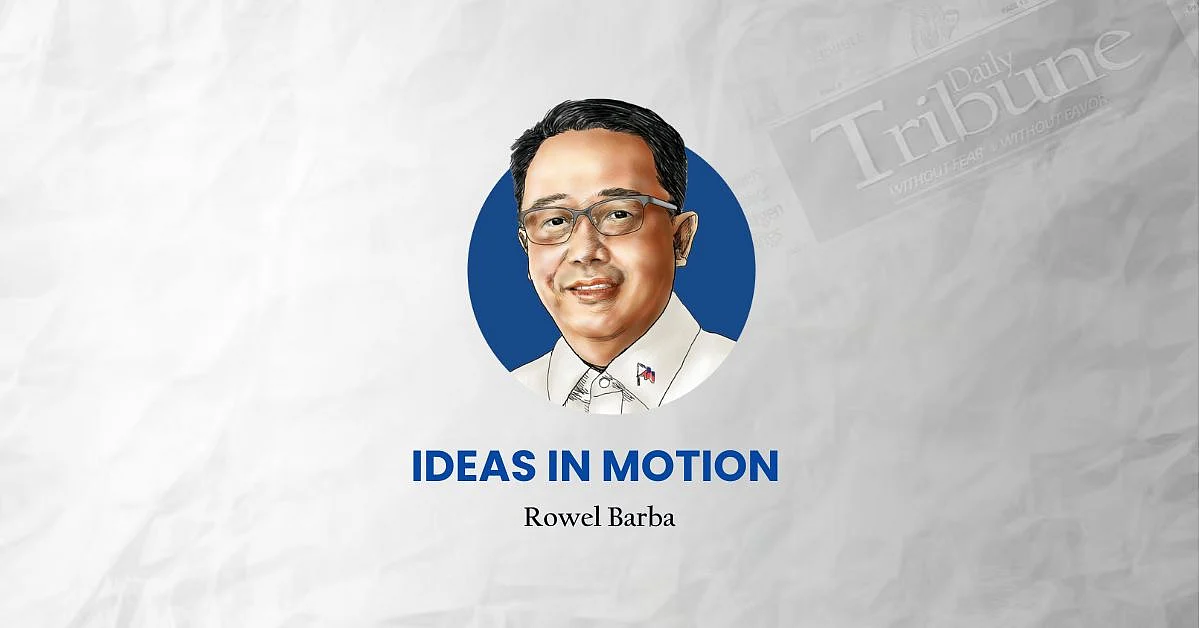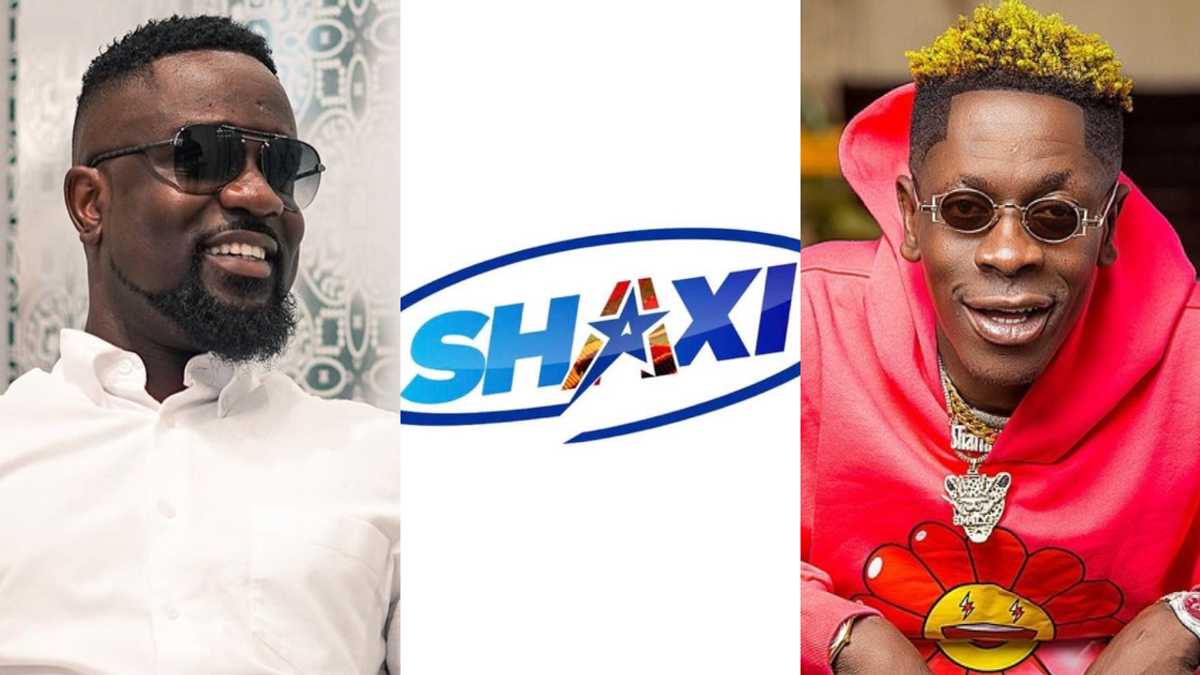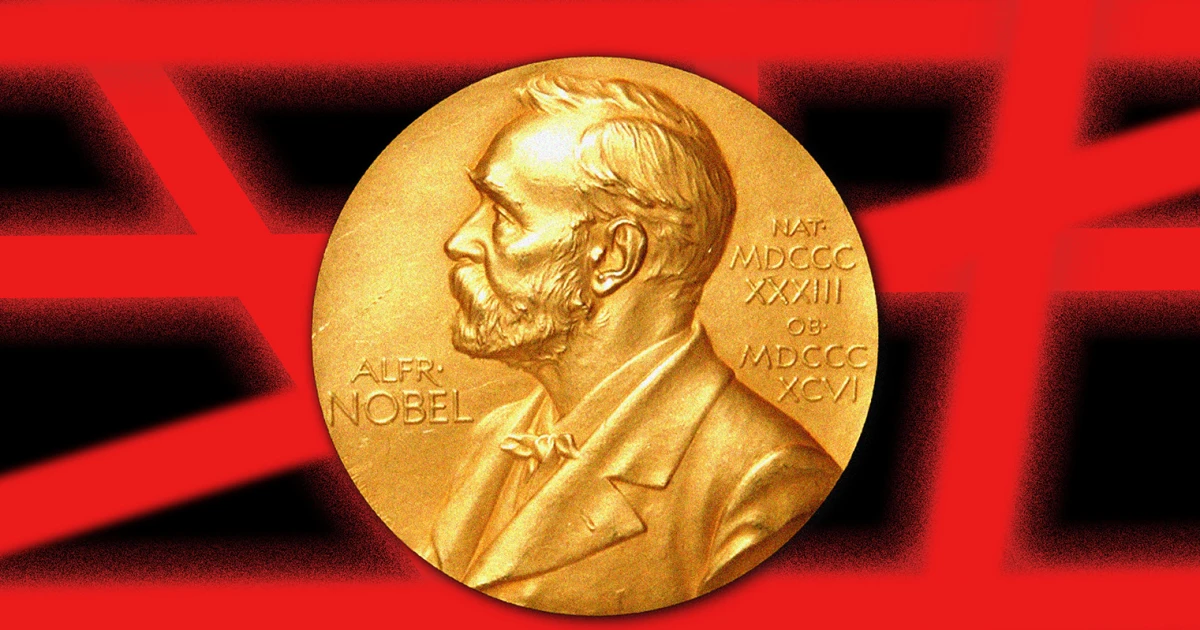By Rowel Barba
Copyright tribune

About 20 years ago, Pocholo de Leon Gonzales entered a studio for his first supporting role as a voice actor. Before he could deliver a single line, his dream was cut short. “Wala kang karapatang maging dubber (You have no right to be a dubber),” a senior staffer told him. For many, that would have been the end of it. For Gonzales, it was only the beginning. With persistence and an innovative spirit, the youth once dismissed as unworthy began shaping stories for airwaves across the country and the world.Gonzales, touted as the “Voice Master of the Philippines,” has lent his voice to anime characters, radio dramas, telenovelas, commercials, video games, children’s shows, films and audiobooks. He worked as a reporter, host, broadcaster, and director across both major and minor stations. By his twenties, he was not only a working talent but also a mentor, an author, a motivational speaker, and an internationally awarded youth advocate. Yet even as his career flourished, Gonzales knew it was not enough to stand at the microphone alone. He wanted others to find their place there too, especially those who, like him, had been told they did not belong.In 2005, Gonzales worked on his vision to elevate voice acting to an art form. This led to the creation of the Philippine Center for Voice Acting and the Certified Voice Artist Program (CVAP) to train aspiring voice artists, broadcasters, and communicators. Through these efforts, he has trained over 20,000 individuals who have found their voice and built a thriving community of voice talents, opening the once exclusive industry to anyone passionate about the craft.His career also tracks the arrival of artificial intelligence in the creative industries, showing how his innovator mindset has helped him flourish in the business. While many feared AI’s potential to displace human performers, Gonzales positioned himself as an early collaborator. He worked with ElevenLabs, murf.AI, tomato.AI and Cantesia, contributing thousands of hours of Filipino-language speech data. These efforts produced some of the first high-quality AI voices in Tagalog and other Philippine languages. Today, his recordings power the IVRS systems of BDO and LandBank, while his network of artists provides dubbing for shows like Blippy, Amazing Digital Circus, and Kaiju No. 8. By building the local AI voice acting industry, Gonzales ensured that the Filipino accent, tone, and culture are represented on the global stage.Gonzales envisions a future where AI and human voices coexist, creating faster, more efficient, and hyper-localized dubbing. AI will handle consistency and scalability, while human directors and performers will continue to provide emotional nuance, cultural authenticity, and creative direction. He believes that voice directors will evolve into AI Voice Conductors, orchestrating both human and synthetic performances to tell richer stories.Beyond production, Gonzales has extended his advocacy through AI Education PH and AI Negosyo, programs aimed at teachers, students, and entrepreneurs. He also produces projects like Balitang AI, which introduced the world’s first AI-animated Filipino news anchors, AIRA and AIVAN, and AI Talks with The VoiceMaster on Radyo Pilipinas, which explores the ethical use of new technologies.By bridging tradition and technology, he ensures the Filipino voice is not just heard but amplified in the age of AI.Now in his forties, Gonzales is regarded as a performer and an institution-builder, with the mission to give the Filipino voice a place in global storytelling. For Gonzales, teaching is as important as producing. He reminds his students that developing technique is only half the challenge. The other half is creating opportunities for their voices to be heard. And a large part of his work, whether through training programs, AI collaborations, or advocacy, has consistently been about building those opportunities.



